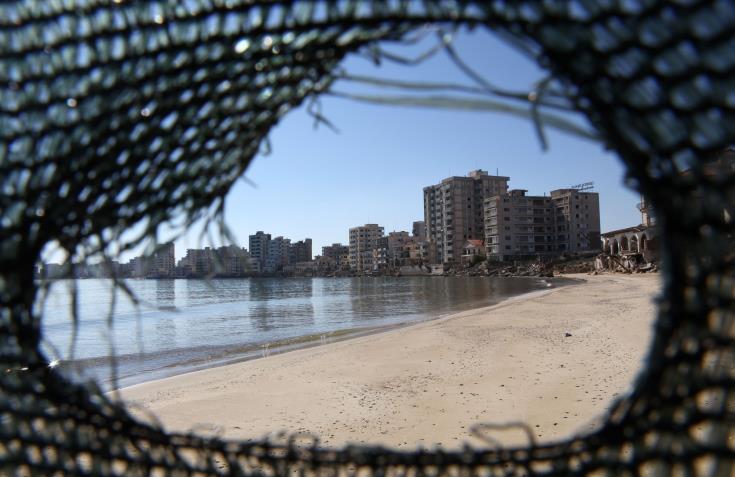
Reply by the General Secretary of AKEL A.Kyprianou to a journalist’s question on the conclusions of the European Council
AKEL C.C. Press Office, 23rd March 2018, Nicosia
First of all, permit me to say that we do not have the conclusions as such in our hands. We have just seen what has been released so far. We need to study them carefully before we can give an overall position. However, I can tell you the following according to what we have seen being circulated. AKEL will subsequently express its comprehensive position.
The first thing I would like to say is that we welcome the fact that the European Council in its conclusions denounces Turkey’s ongoing illegal activities in the Eastern Mediterranean and Aegean and that it expresses its solidarity with Cyprus and Greece.
The Council also calls on Turkey to end these actions and respect the sovereign rights of Cyprus to explore and exploit our natural resources, and this is important.
The Council reiterates in its conclusions, the conclusions of October 2014 and the statement of September 2005. It recalls Turkey’s obligation to normalize its relations with the Republic of Cyprus and states that it will continue to monitor these issues.
All of this, in our opinion, are relevant aspects which we must utilize.
At the same time, I must say to you that we are concerned that the European Council has chosen to denounce in general terms and vaguely Turkey’s illegal activities in the Eastern Mediterranean, avoiding to mention that Turkey’s recent illegal activity has taken place in the Exclusive Economic Zone (EEZ) of the Republic of Cyprus in a delimited area and licensed plot. Turkey’s illegal action is taking place in a part of the Cypriot EEZ which is not included in what Turkey is unlawfully asserting on its behalf. We would have liked to have seen a concrete reference in the conclusions.
Apart from that, I want to say that for AKEL the main problem facing the Republic of Cyprus at this moment is, on the one hand, the continuing Turkish provocation and aggression which, unfortunately, seems to be escalating, and on the other hand tied to this is the dreadlock which exists on the Cyprus problem. The conclusions therefore are good and positive, but they do not have a substantive effect on these two major issues




